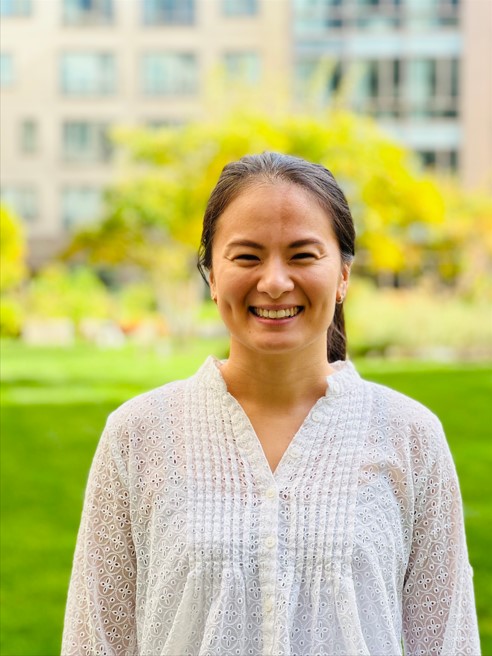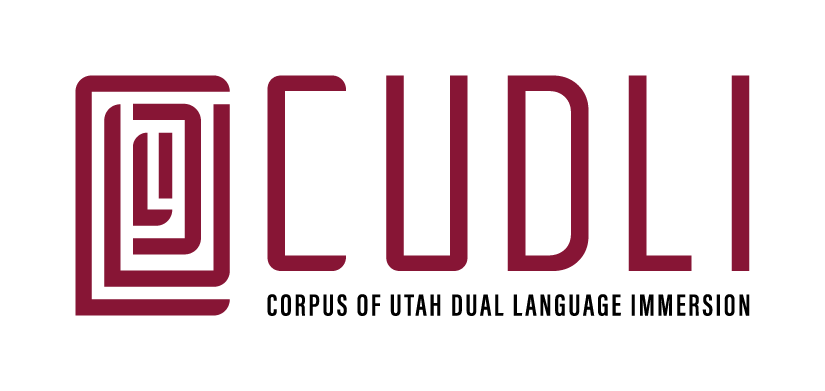L2TReC Welcomes New Post-Doctoral Researcher
Tell us about yourself.
Hi, I am Yejin! I joined the Second Language Teaching and Research Center (L2TReC) at the University of Utah as a postdoctoral researcher in November 2024. I have been involved in Second Language education as a researcher, teacher, and administrator for over 10 years. In my current role, I manage one of L2TReC’s projects that build research databases, the Corpus of Utah Dual Language Immersion (#CUDLI) and the Multilingual Corpus of Second Language Speech (#MuSSeL). I am bringing my expertise in Corpus Linguistics to this role to contribute to a better understanding of second language proficiency and an improved practice of language education in Utah.
What is Corpus Linguistics and why are you passionate about it?
Corpus Linguistics is one of many approaches to studying and analyzing languages. The idea is to collect a large-size sample of language you want to look into, and then explore patterns or trends that occur in it. The big data of language is called a corpus (corpora in the plural form). Using corpora, you will be able to answer interesting questions, for example:
What are the common linguistic features found in the Midwestern American English but not in any other accents?
Does language use vary depending on social backgrounds (e.g., gender, age, and socio-economic backgrounds)? If so, how?
Looking into a corpus is like treasure hunts for me. Doing a deep dive into language data, I can spot fascinating patterns that I would not be able to notice otherwise. It provides valuable insights for our understanding of language and more importantly, it’s really fun!
Why did you choose Second Language Teaching and Research Center (L2TReC)?
I like L2TReC’s value in appreciating diverse languages and cultures. The Center does not just take it as an abstract ideal but practices it by teaching and researching various languages. My projects are certainly part of this vision to champion linguistic diversity. The corpora, #CUDLI and #MuSSeL, represent the languages that are taught in US educational settings such as Spanish, Portuguese, French, German, and Chinese. Being a big advocate for linguistic diversity in the classroom, I am very happy to work with multilingual data and support a wide range of language groups.
What excites you most about your work?
I am super excited about working together with various groups of people here at L2TReC. I believe that good collaboration goes a long way. It is incredible that the #CUDLI and #MuSSeL projects have been expanding for about 10 years successfully, which is attributed to strong collaboration between educational experts such as the University of Utah, the Utah State Board of Education (USBE), and American Council of Foreign Language Education (ACTFL). I really look forward to pursuing shared goals with like-minded people and moving the enterprise forward.
What are you planning to do in 2025?
There are a lot of cool ideas on our drawing board. Our research agendas will be centered around:
- Development of second language proficiency in K-12 settings
- Bilingual education, Immersion Instruction, and/or Content-based Instruction
- Assessment of learning outcomes with a standardized proficiency test
- Research-practice partnerships in Second Language Education
In addition to research, we are hoping to meet with language teachers and discuss how technology (including corpora) can help their practices of classroom teaching. Please stay tuned to L2TReC for upcoming events. If you have any questions or are interested in collaborations, feel free to reach out to me (y.jung@utah.edu). You are also welcome to just say hi!
Meet Dr. Yejin Jung



